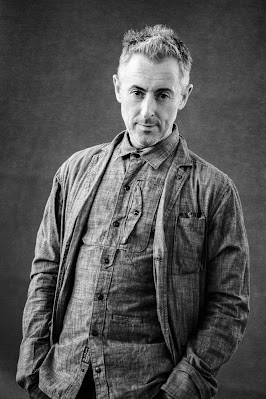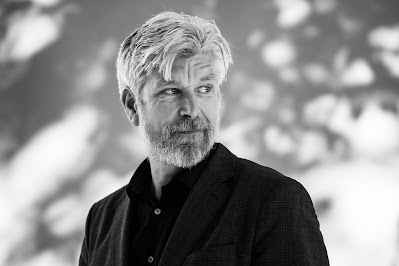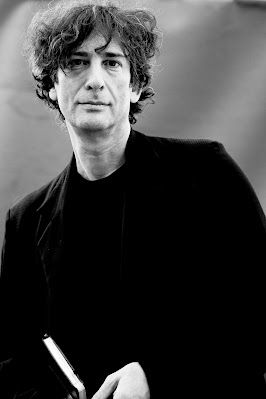 |
| Nicola Sturgoen & Val McDermid Edinburgh |
Brexit, is an act of deep political folly.
Writers keep a light on hoping Scotland will return to EU.
TOP WRITERS speak out!
Some of Scotland’s top writers wrote of their deep sense of regret and loss at leaving the European union – an equal partnerships of sovereign nations – imposed on us by England. Brexit was take back control, is about London taking back control of the devolved nations of the UK.
All three pre-eminent Scots writers are supporters of Scottish indy.
Professor Tom Devine, “ I am hopeful that our ancient country will once again be united with out European friends before too long. The Brexit battle is over, the struggle to return to the EU has just begun. For over 600 years between the 12th and early 18th century Scotland most intimate external relations were with Europe. That can be so again. It will be a black Friday for me, a sad and utterly irrational farewell to the EU, a decision which is fundamentally opposed by a very large majority of this ancient nation.’
Val McDermid - "Today is a day of deep mourning. Membership of the EU has improved our quality of life in so many areas form human rights to the vastly higher standards fo roads in the highlands and islands."
Al Kennedy - "Brexit is being revealed ever more clearly as an English project, with an increasingly laser focused definition of what is permitted to be English. The idea that countries would unite on equal terms in any kind of collegiate organisation is incomprehensible. There are only colonies and the colonised. This betrays England and Englishness and leaves only the worst fo any nation - the freakish, the frightened, the racist and bigoted."
“The way ahead for Scotland will be difficult as it will be for all areas of the UK. Breaking away form a government with a desperately colonial mind-set will be complex and no doubt fraught with setbacks and betrayal. But Brexit has turned Scottish Indy within the EU into both a necessity and a real possibility.”
 |
| Glasgow university |
Professor Tom Devine is Scotland’s premier historian and author of major books on Scottish history. He is the recipient of 3 national prizes for research on Scottish history. The senior Hume Brown prize, Saltire society prize (1985), Henry Duncan prize Royal Society of Edinburgh (1993). Honorary membership of Scottish PEN (2020). Devine is considered one of the top academic and influencers. “ The nations pre-eminent historian ,a towering and fearless intellect.” The Herald Scottish power 100. Professor Tom Devine, retired in 2015 as the chair of Scottish history and Palaeography university of Edinburgh. He continues his lectures in the UK and abroad.
I’ve attended 3 of Devine’s lecture, which I enjoyed and benefited from. He is a supporter of Scottish indy.
Val McDermid, Scottish crime writer best known for a series of novels featuring clinical psychologist Dr Tony hill in a grim sub-genre that McDermid and others have identified as tartan noir. She sings with the band Fun Loving Crime Writers.
AL Kennedy is a Scottish writer, academic and stand-up comedian. She writes novels, short stories and non-fiction and is known for her dark tone, blending of realism and fantasy and for her serious approaches. She contributes columns and reviews to European newspapers.
Other writers who support Scottish indy include –
William Mcllvanney, Alasdair Gray, Ian bell, Irvine Welsh, Iain Macwhirter, Alan Riach, Irvine Welsh,
Alan Bisset, Stuart Cosgrove Liz Lochhead, Lesley Riddoch, Ruth WIshart, Gerry Hassan,
Musicians who support Scottish Indy - Aly Bain, Dick Gaughan, Annie Lennox, Proclaimers,
Scots actors who support Scots indy – Alan Cumming, Sean Connery, Sam Heughan, Brain Cox, David Tennent, Elaine C Smith.
I’m amazed by the Scots history I’ve been totally unaware of until now – even though I studied education at Edinburgh university and took history higher at school. We were taught only English history. Yet Scots history is so incredibly interesting!
Scottish Enlightenment -
English historian Peter Gay argues that the Scottish Enlightenment "was a small and cohesive group of friends – David Hume, Adam Smith, Adam Ferguson, and others – who knew one another intimately and talked to one another incessantly.’
Education was a priority in Scotland, both at the local level and especially in four universities that had stronger reputations than any in England. The Enlightenment culture was based on close readings of new books, and intense discussions that took place daily at such intellectual gathering places in Edinburgh as The Select Society and, later The Poker Club as well as within Scotland's ancient universities (St Andrew’s, Glasgow, Edinburgh and Aberdeen). Sharing the humanist and rationalist outlook of the European Enlightenment of the same time period, the thinkers of the Scottish Enlightenment asserted the importance of human reason combined with a rejection of any authority that could not be justified by reason. In Scotland, the Enlightenment was characterised by a thorough going empiricism and practicality where the chief values were improvement, virtue, and practical benefit for the individual and society as a whole. Among the fields that rapidly advanced were philosophy, economics, history architecture, and medicine. Leaders included Francis Hutcheson, David Hume, Adam Smith, Dugald Stewart, Thomas Reid, William Robertson, Henry Home, Lord Kames, Adam Ferguson, John Playfair, Joseph Black and James Hutton.
The Scottish Enlightenment influenced England and the American colonies, and to a lesser extent continental Europe.
.jpg)
.jpg)
.jpg)








.jpg)

.jpg)
















.jpg)















